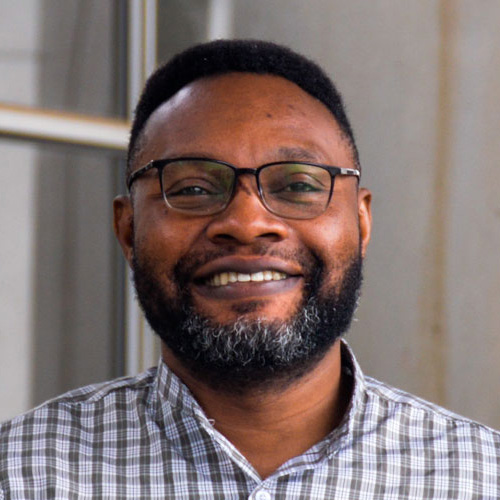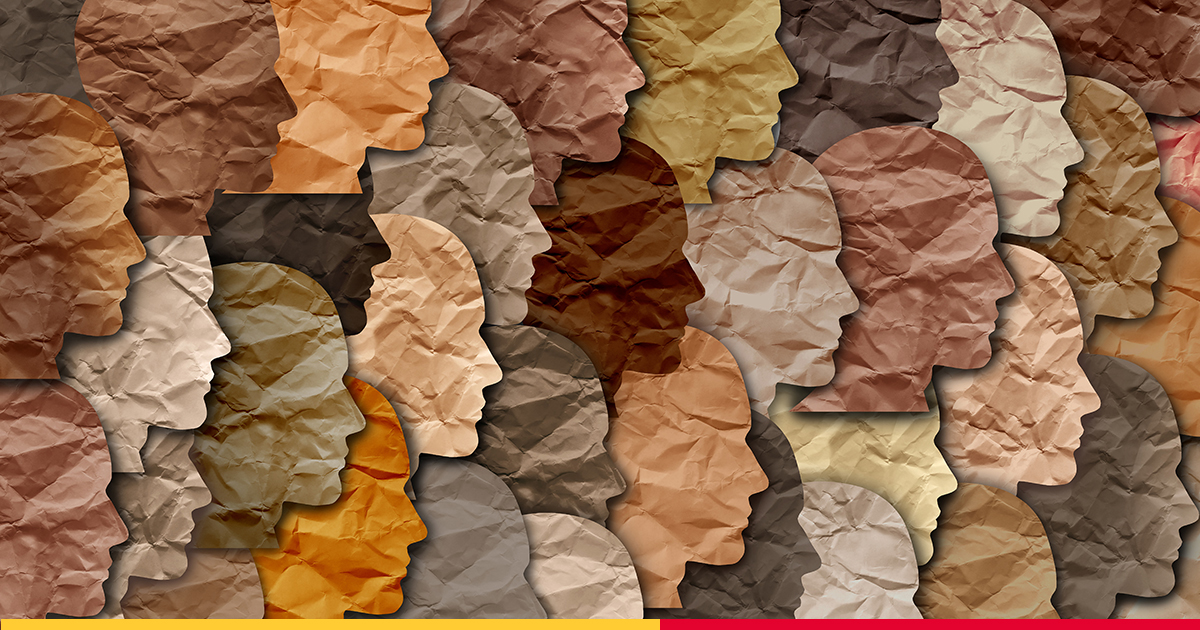The Centre for Human Rights, Faculty of Law, University of Pretoria and the International Center for Not-for-Profit Law (ICNL) annually presents an Advanced Human Rights Course on Civil Society Law in Africa. In 2021, the course was presented from 2 to 6 August. As a result of the COVID-19 travel restrictions, this year’s course was presented online.
In attendance were more than 75 participants from 14 African countries and India. Participants included members of civil society organisations, researchers, academics, government officials, legal practitioners and postgraduate students. The online format provided an opportunity for the Centre and ICNL to accommodate a larger group of participants in an interactive, virtual classroom.
The main objectives of the course are to exchange views and experiences about the role of civil society in a State and to strengthen capacity on the rights to freedom of peaceful assembly and of association in international law and comparative perspectives. The course also aims to raise awareness of the challenges civil society faces and efforts to respond to those threats while creating an interest in civil society law to encourage further research in this field and to build a network of legal professionals working in the field and encourage collaborative efforts within the network.
Following the course introductions and a word of welcome by the Director of the Centre for Human Rights, Prof Frans Viljoen, the Civil Society Law in Africa course discussions were led by Ms Florence Nakabizwe, ICNL’s Legal Adviser. Ms Nakabizwe laid down the legal foundations of the civil society movement and their constraints on the continent. She gave an overview of the right to freedom of expression and association and their relevance to civil society organisations. She illustrated how these rights, which are the cornerstone of democracies, continue to be unjustly stifled by governments. She posited that the civic space continues to shrink due to the draconian anti-terrorism, internet misuse and surveillance regimes formulated to legitimise political agendas of crippling dissent behind the cloak of advancing nationals interests. She further highlighted that un\der the current COVID-19 settings, the situation has worsened. Legal protections for the freedom of expression and freedom of association are becoming inoperative while African governments continue to ignore their human rights obligations, and the tenets of the rule of law and democracy they have subscribed to.
Ms Nakabizwe emphasised that it has now practically almost impossible to freely associate, or to freely question the actions of governments because of the rigorous surveillance measures used on activists and journalists. These measures instil fear of prosecution and punishment, whilst gradually rendering the activism movement docile.
Dr Thomas Probert, the Head of Research at the Centre’s Freedom from Violence Unit, delved into the legalities of the right to freedom of assembly. His discussions touched on the legal protections of freedom of assembly as guaranteed by the international bill of rights, and soft law, as well as the principle of proportionality when limiting the right.
Other topics discussed at the course were:
- "Emerging Trends in Civic Space: Freedom of Association and Assembly in the Covid-19 Era" by Prof Remy Ngoy Lumbu, Vice-Chairperson, ACHPR
- “Legal frameworks for civil society: Why do they matter?” by Irene Petras, Legal adviser, ICNL
Due to the digital setting, the course embraced the use of several panel presentations and interactive class exercises throughout, in order to ensure sustained interactivity and dialogue between the participants and the presenters in the Zoom class. Some of the panel discussions were on:
- "Tools for Civil Society Law Researchers and Practitioners" by Corlett Letlojane, Executive Director-HURISA and David Kode, from CIVICUS;
- “The right to assembly: Topical case studies” with Stanley Malematja, Centre for Child Law, University of Pretoria; and Corlett Letlojane, Executive Director of HURISA;
- “Litigating freedom of association, assembly and expression in Africa: Lessons learned from strategic litigation to protect civic space” with Donald Deya, Pan African Lawyers Union; Anneke Meerkotter, Southern Africa Litigation Centre; and Ikechukwu Uzoma, Robert F. Kennedy Human Rights
- "Emerging Trends in Civic Space – Digital Technology and Freedom of Association, Assembly and Expression" and “Contemporary Challenges and Opportunities for Civil Society in the Digital Age” by the Expression, Information and Digital Rights Unit, Centre for Human Rights
- "The Future of Civic Space in Africa – What next for civil society in Africa?" With Deprose Muchena, Amnesty International; and Otto Saki, Ford Foundation
The course provided many opportunities for interaction and engagement and the Centre for Human Rights is thankful towards the ICNL for their partnership and financial assistance.
For more information, please contact:

Tel: +27 (0) 12 420 4197
Fax: +27 (0) 86 580 5743
dennis.antwi@up.ac.za
Tel: +27 (0) 12 420 6398
Fax: +27 (0) 86 580 5743
basimanyane.k@up.ac.za


